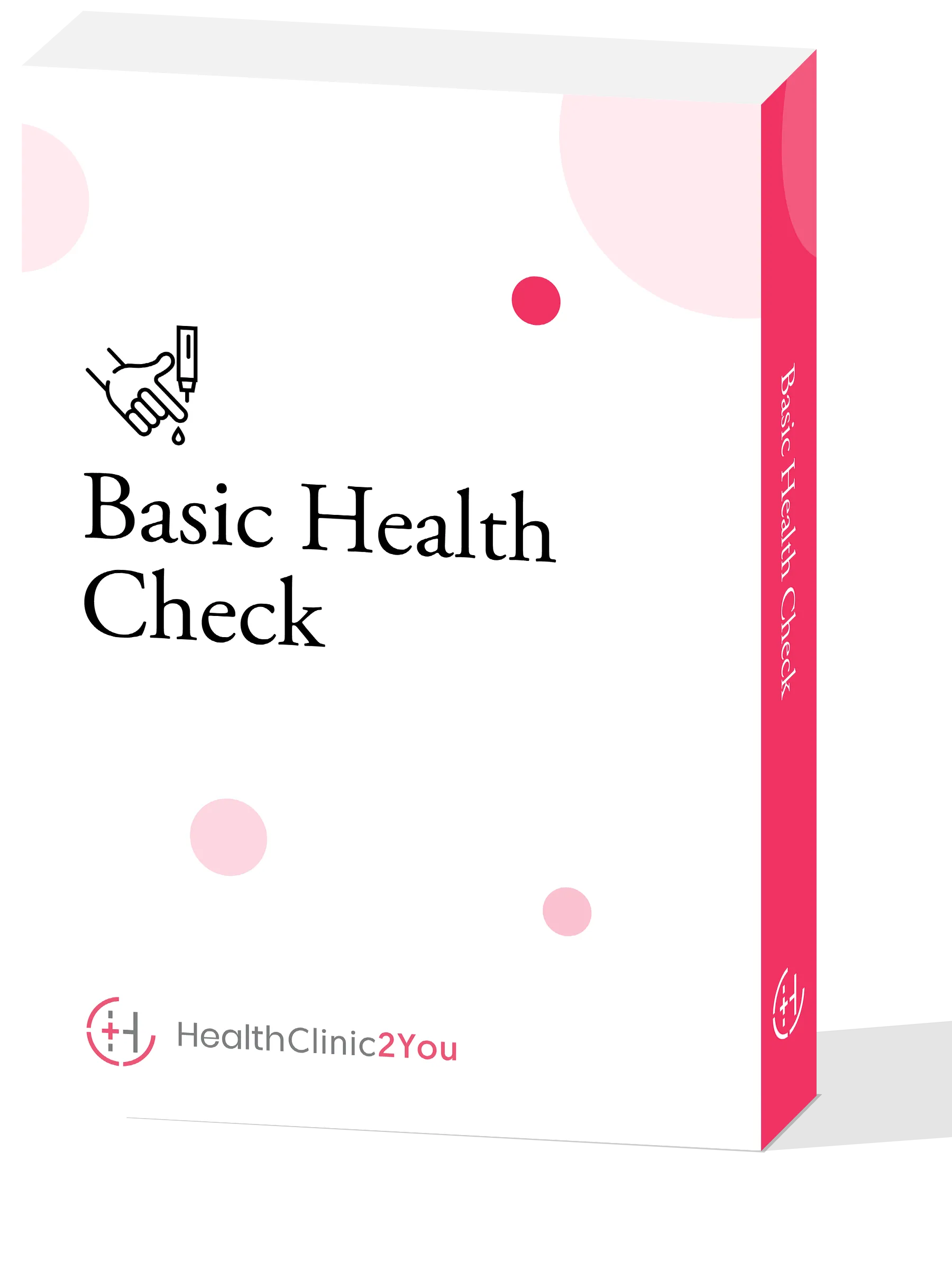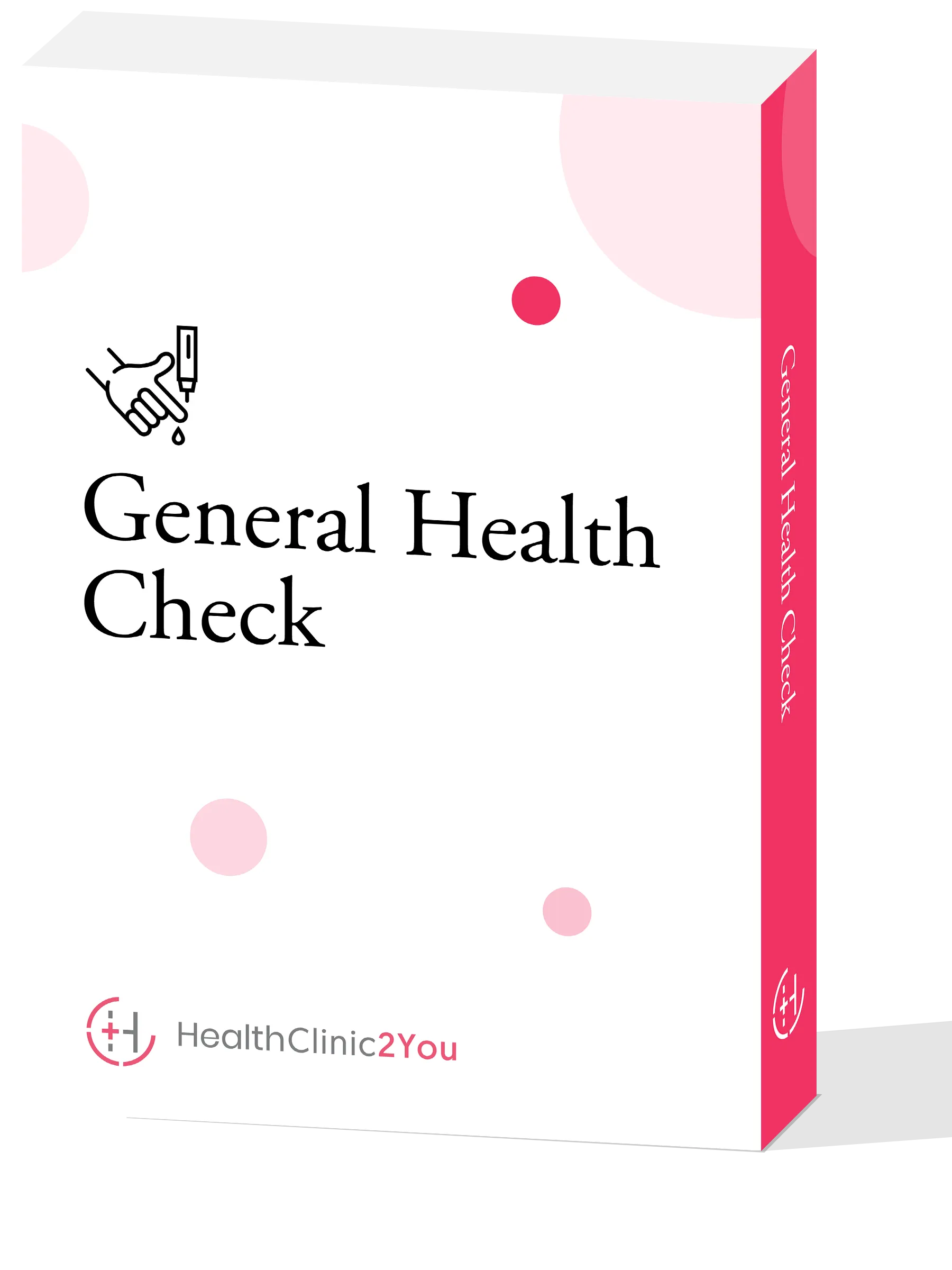High Sensitivity C-Reactive Protein
Inflammation
C-reactive protein (CRP) is a substance produced by the liver in response to inflammation. When there’s inflammation in the body, CRP levels rise, making it a useful marker for detecting inflammation.
High levels of CRP can indicate various conditions, including:
- Infections: Bacterial or viral infections can cause an increase in CRP levels as the immune system responds to the invading pathogens.
- Inflammatory conditions: Chronic inflammatory conditions like rheumatoid arthritis, lupus, or inflammatory bowel disease can lead to elevated CRP levels.
- Tissue injury: Trauma, surgery, or tissue damage from conditions like a heart attack or stroke can trigger inflammation and raise CRP levels.
- Chronic diseases: Conditions such as obesity, diabetes, and cardiovascular disease are associated with chronic low-grade inflammation, leading to elevated CRP levels.
Measuring CRP levels can help diagnose and monitor various inflammatory conditions and assess the response to treatment. However, it’s essential to interpret CRP levels in the context of other clinical findings and medical history for an accurate diagnosis.






